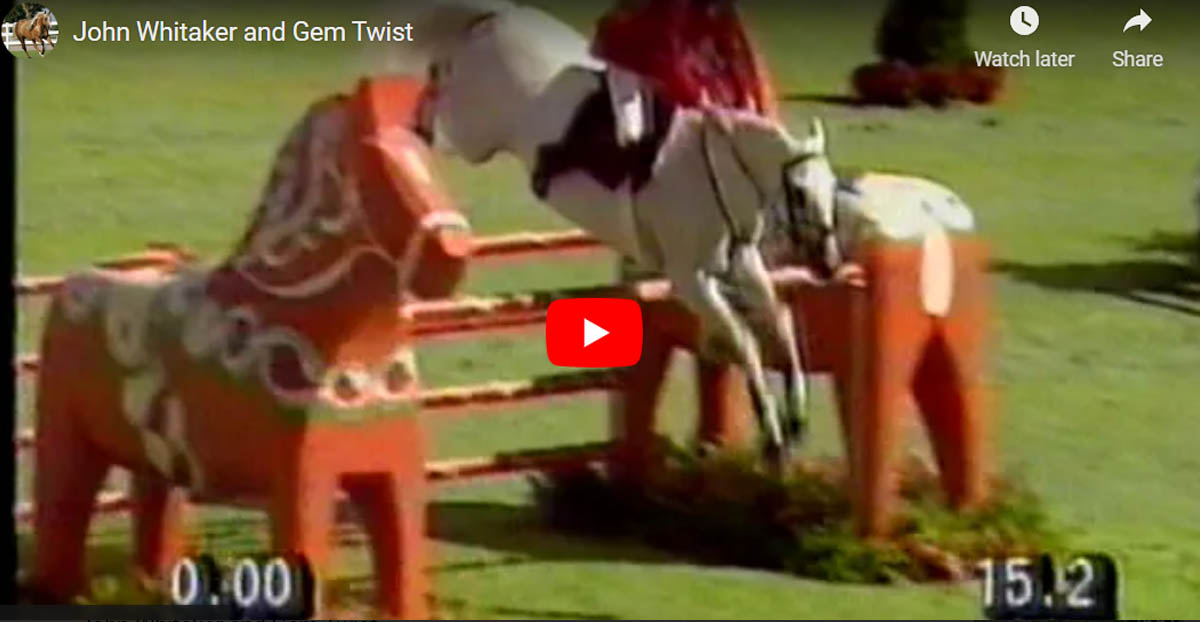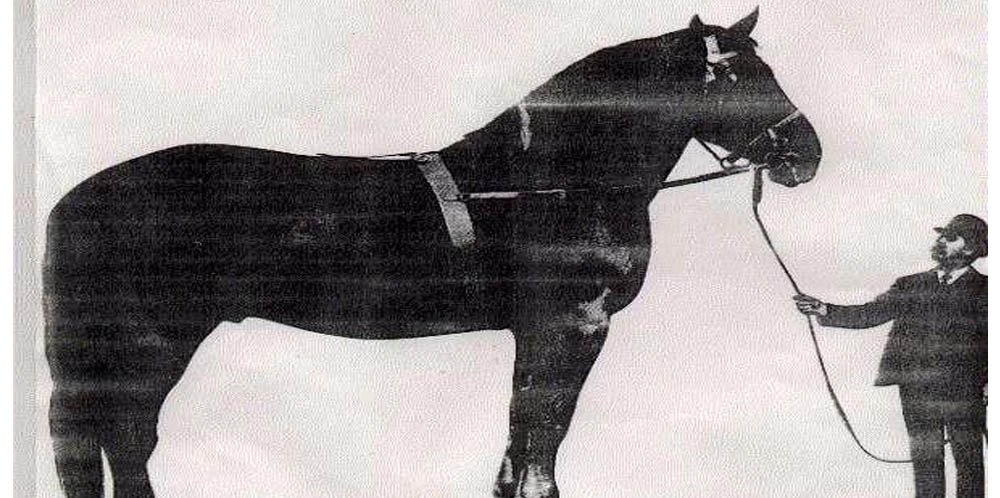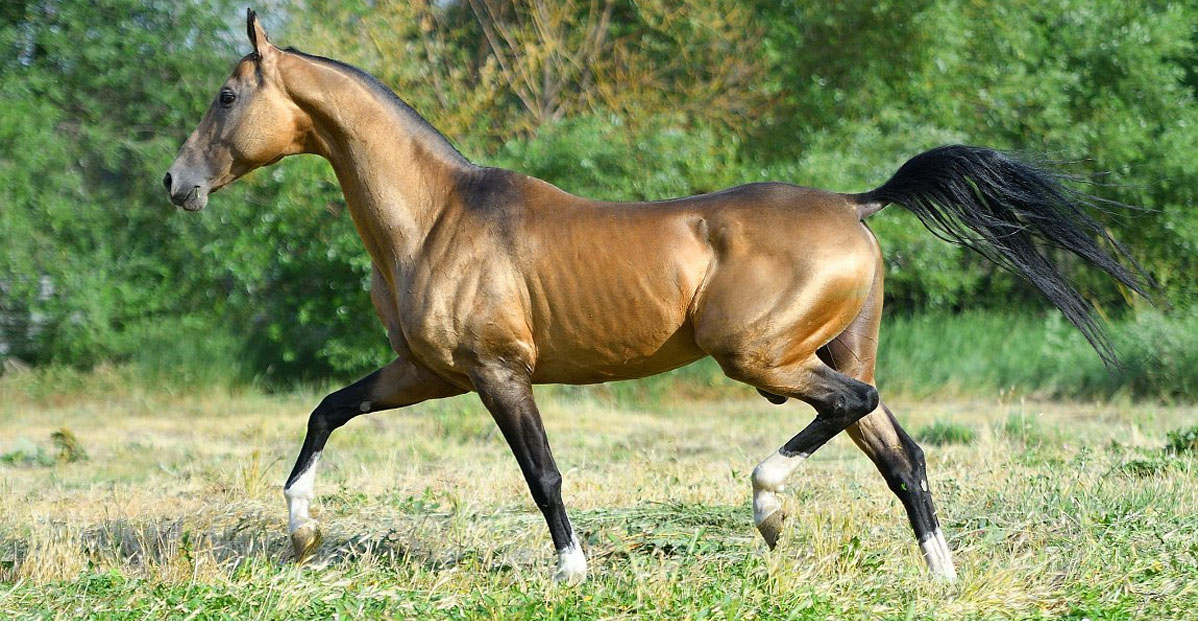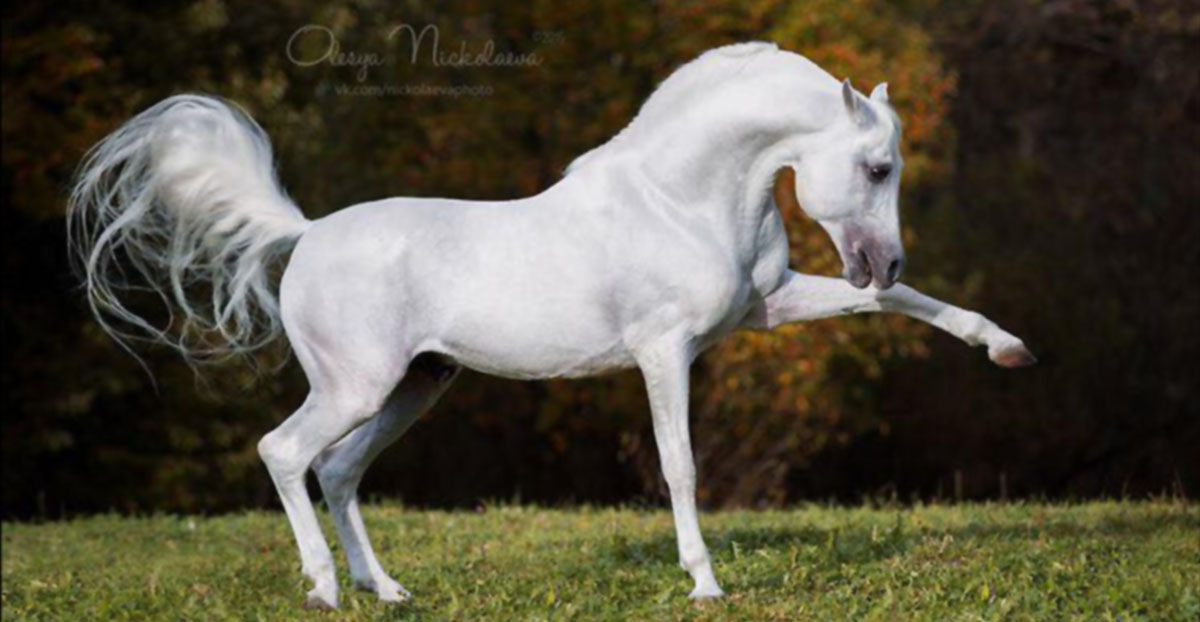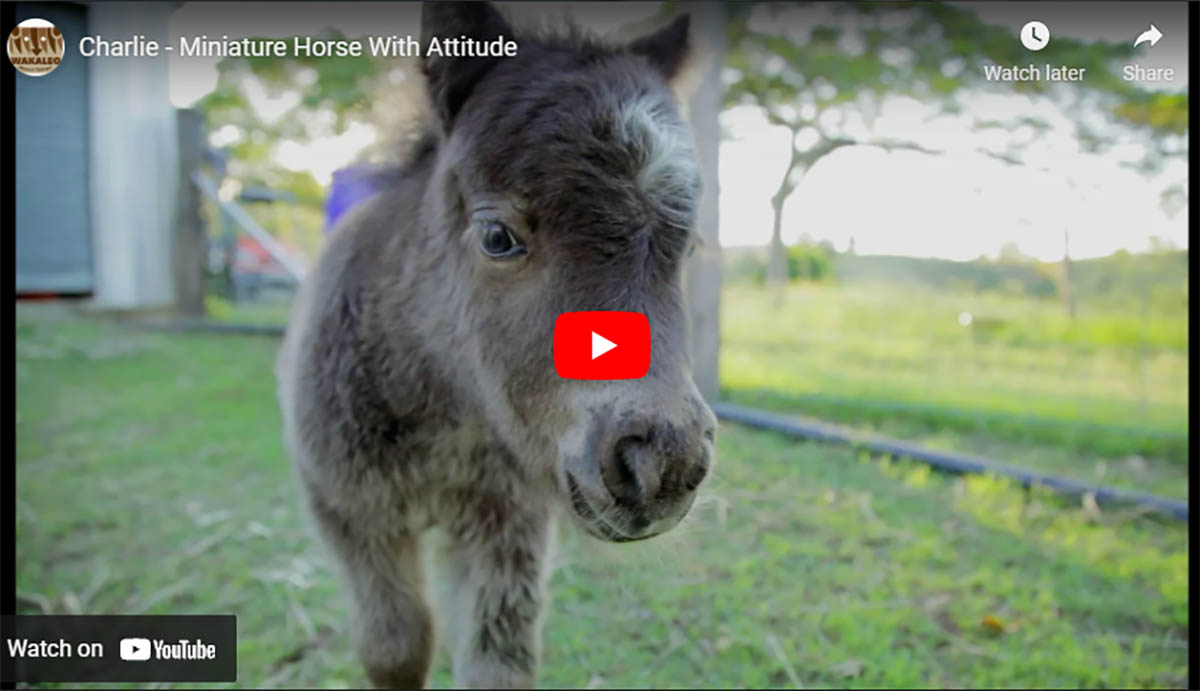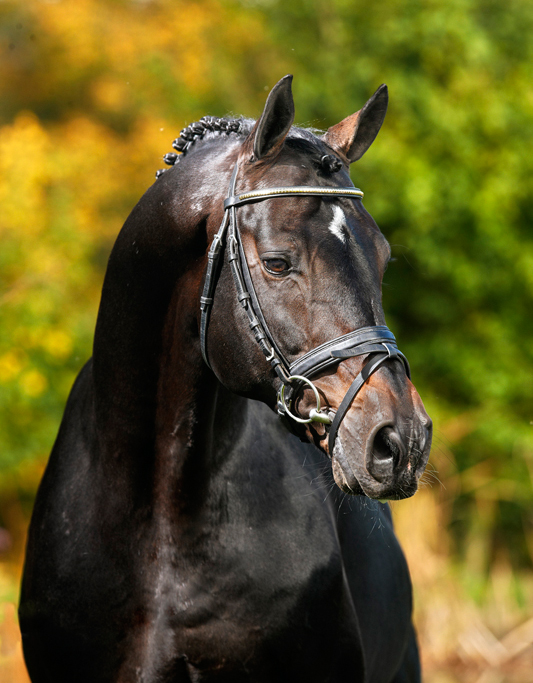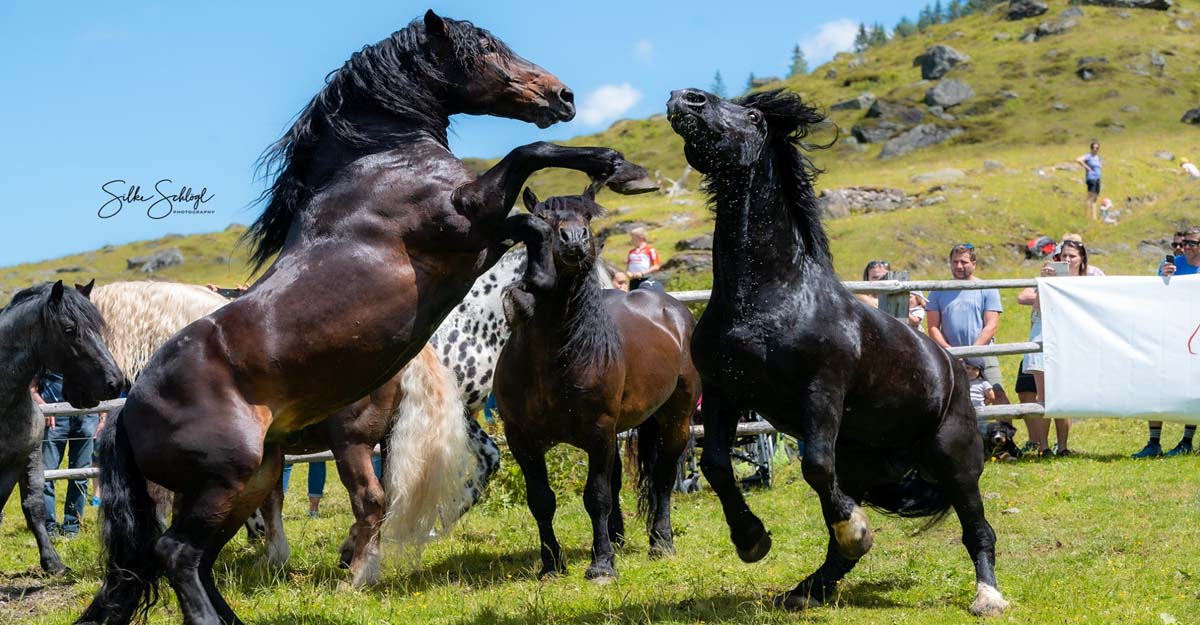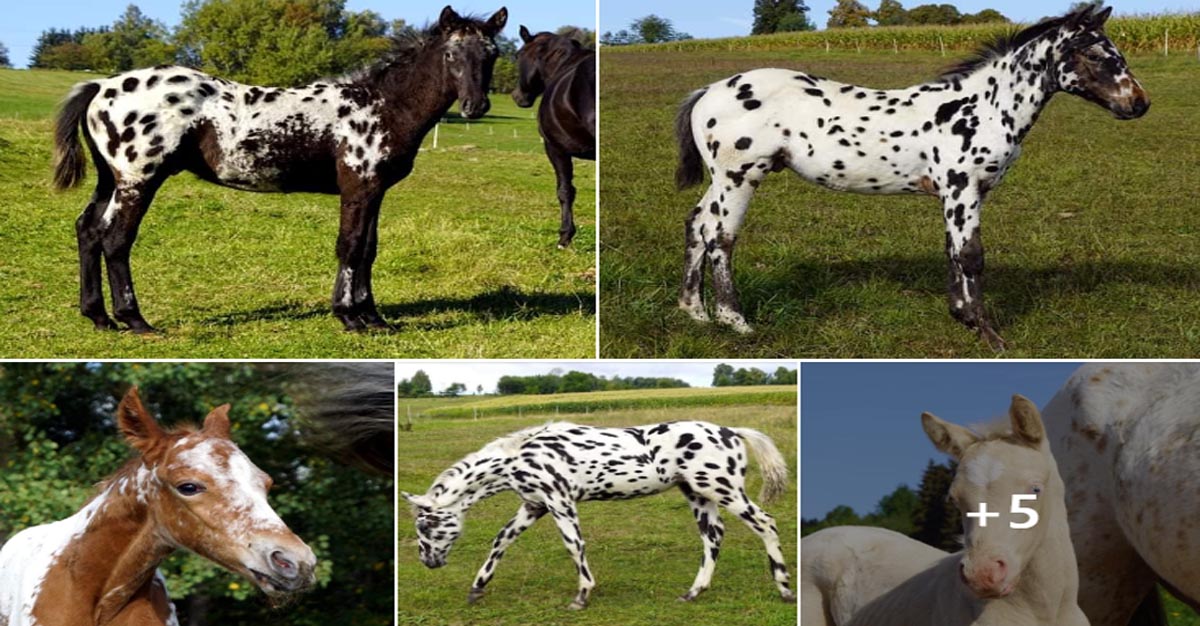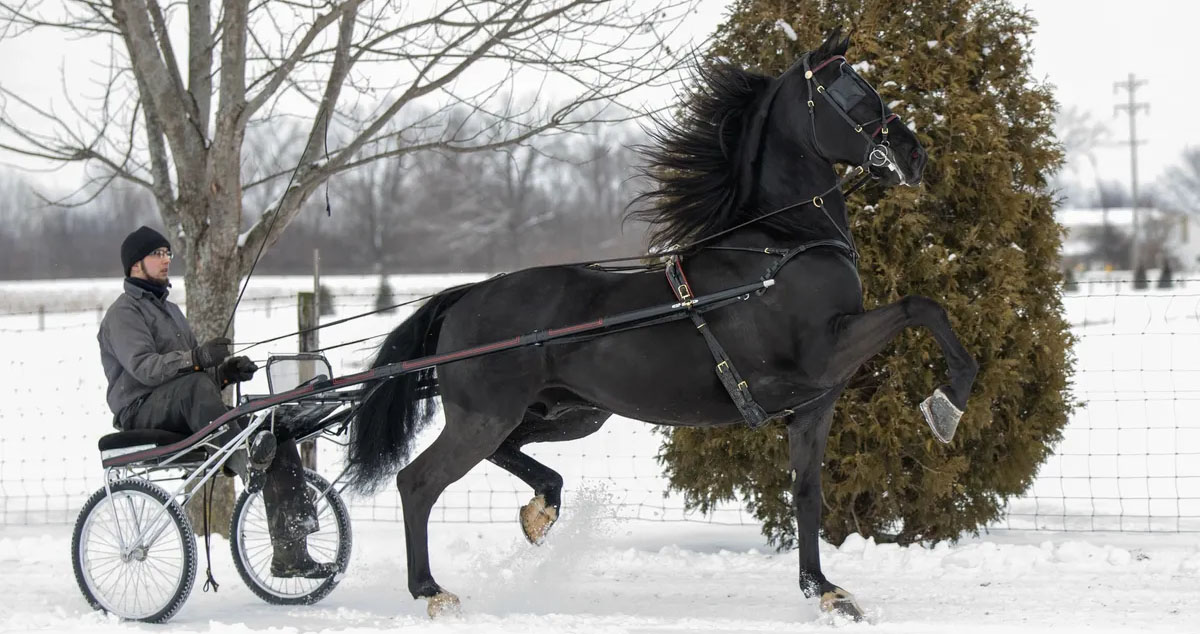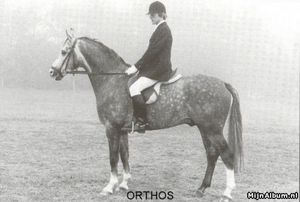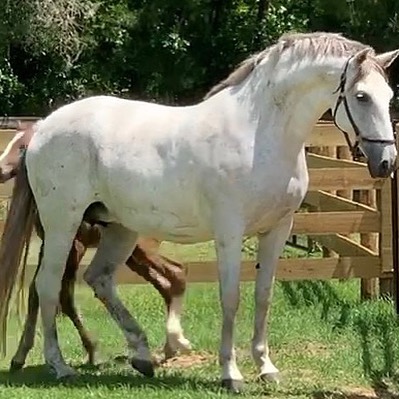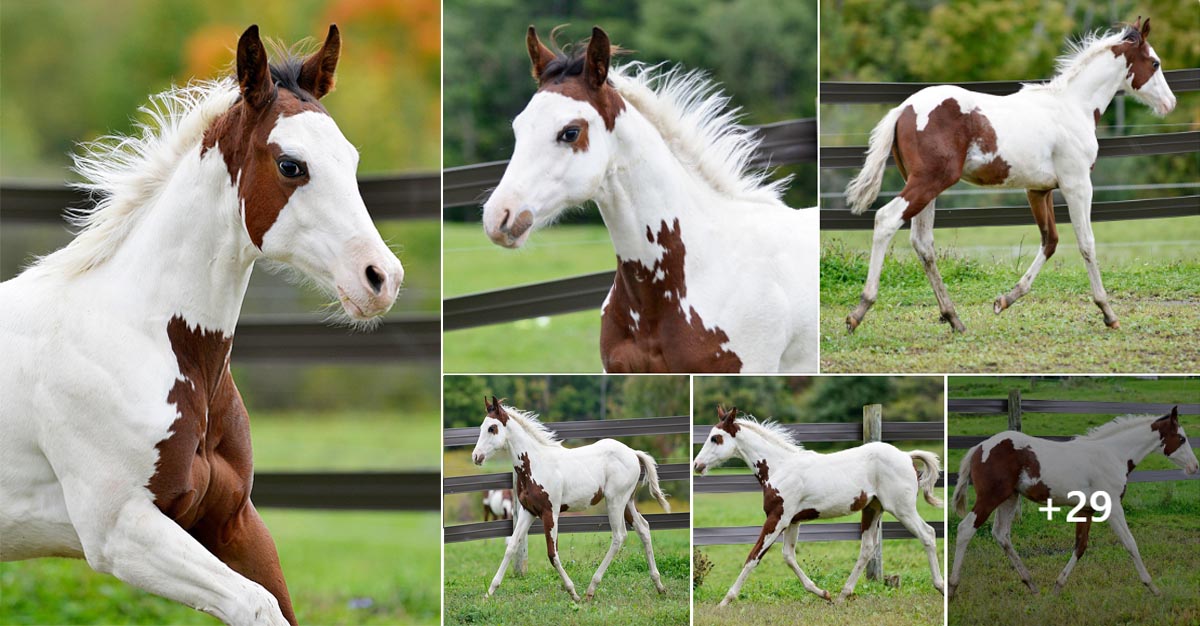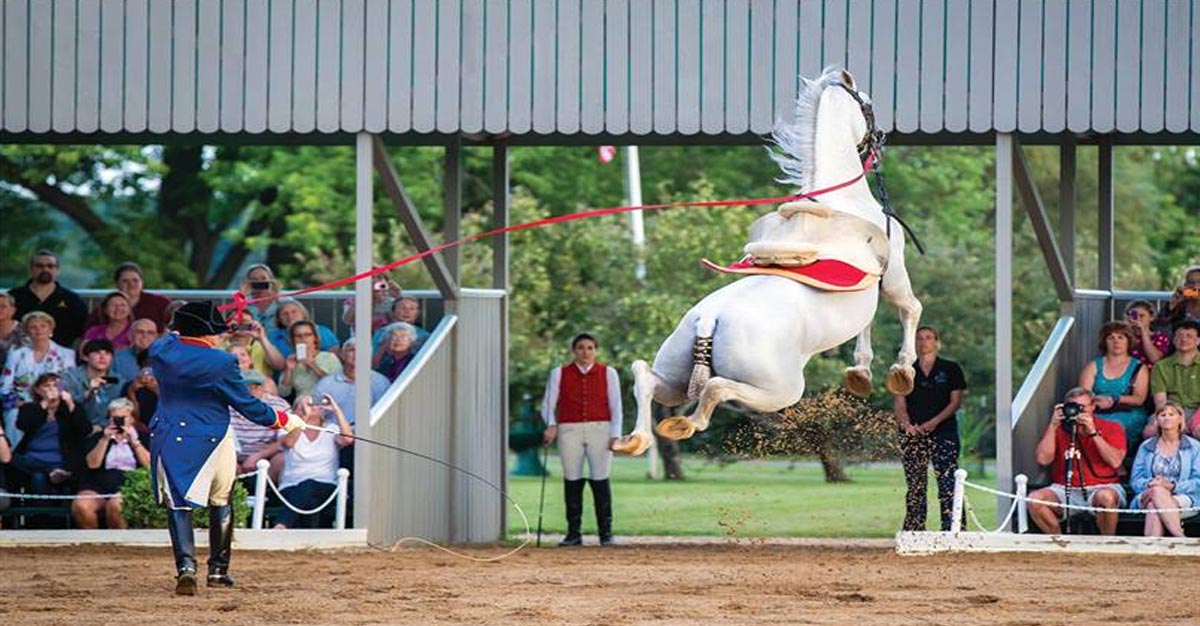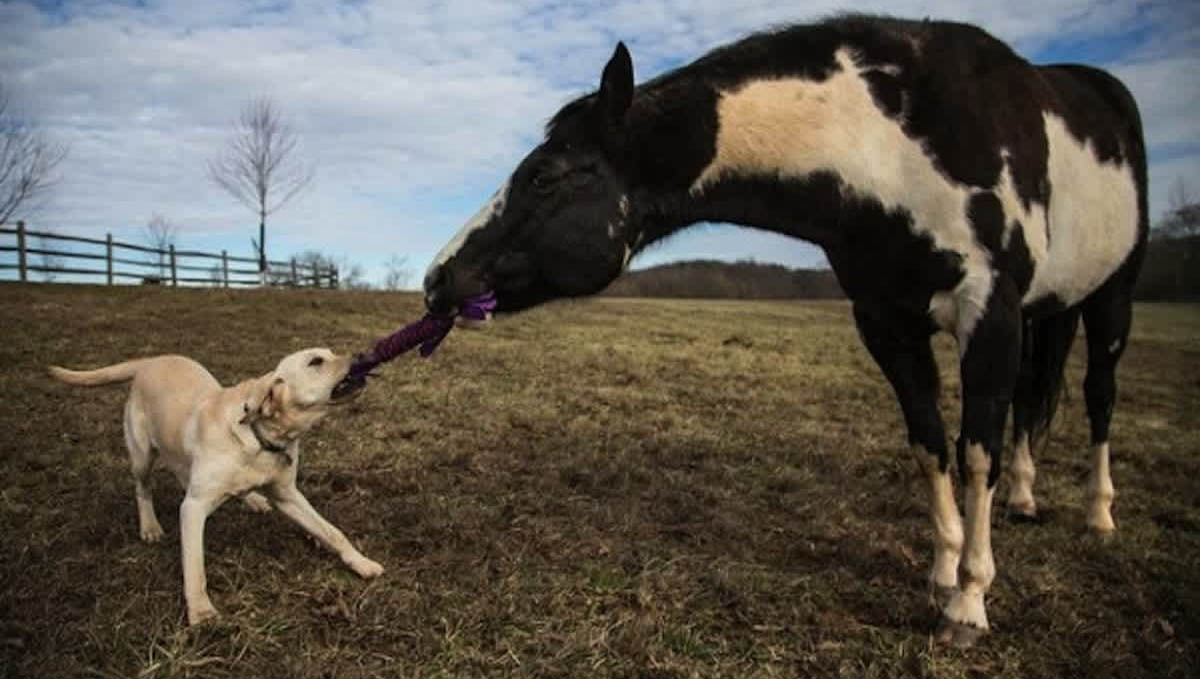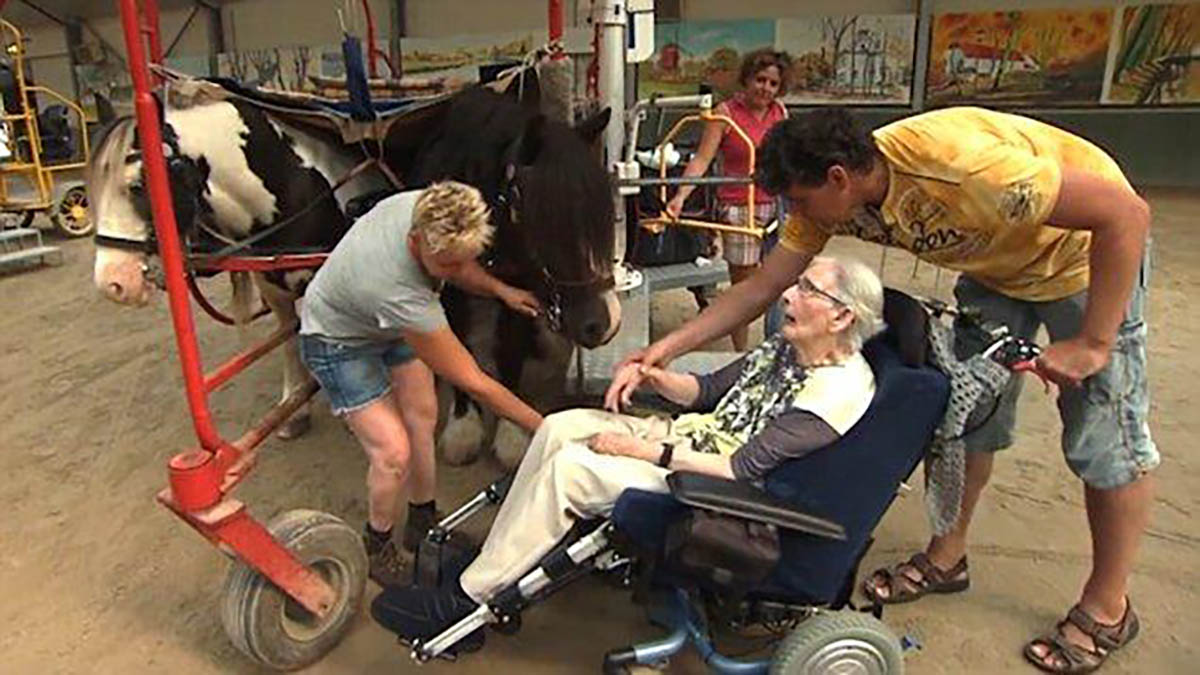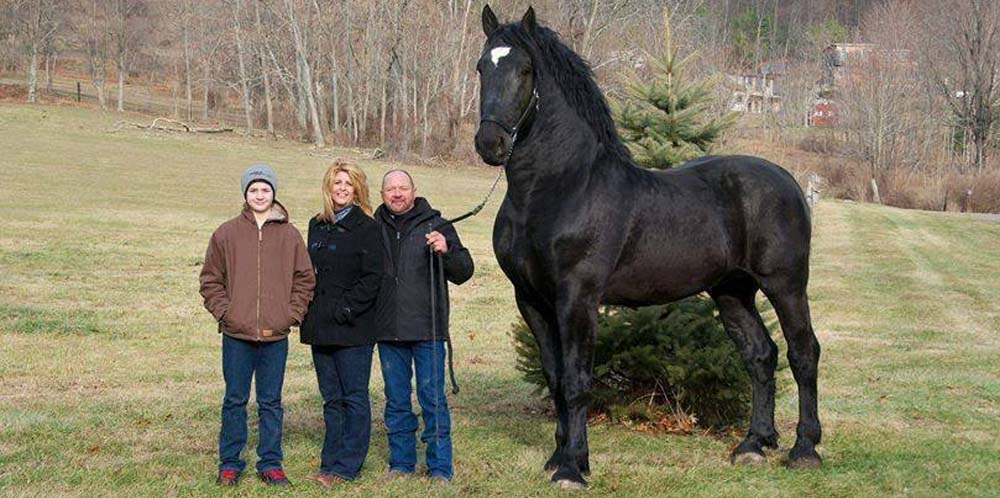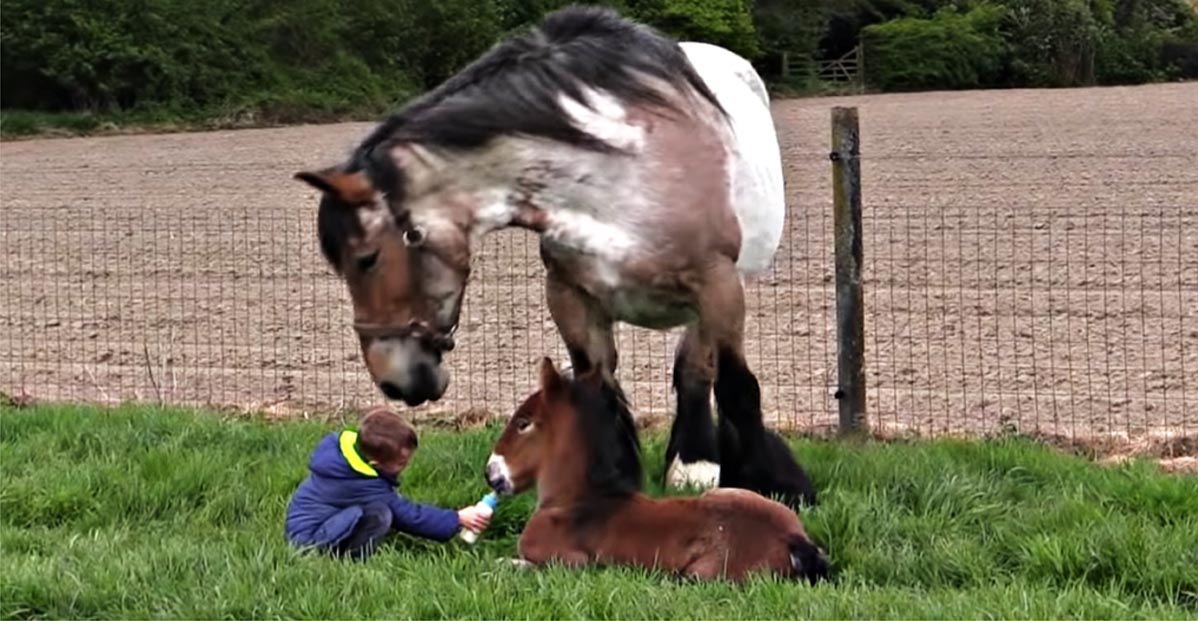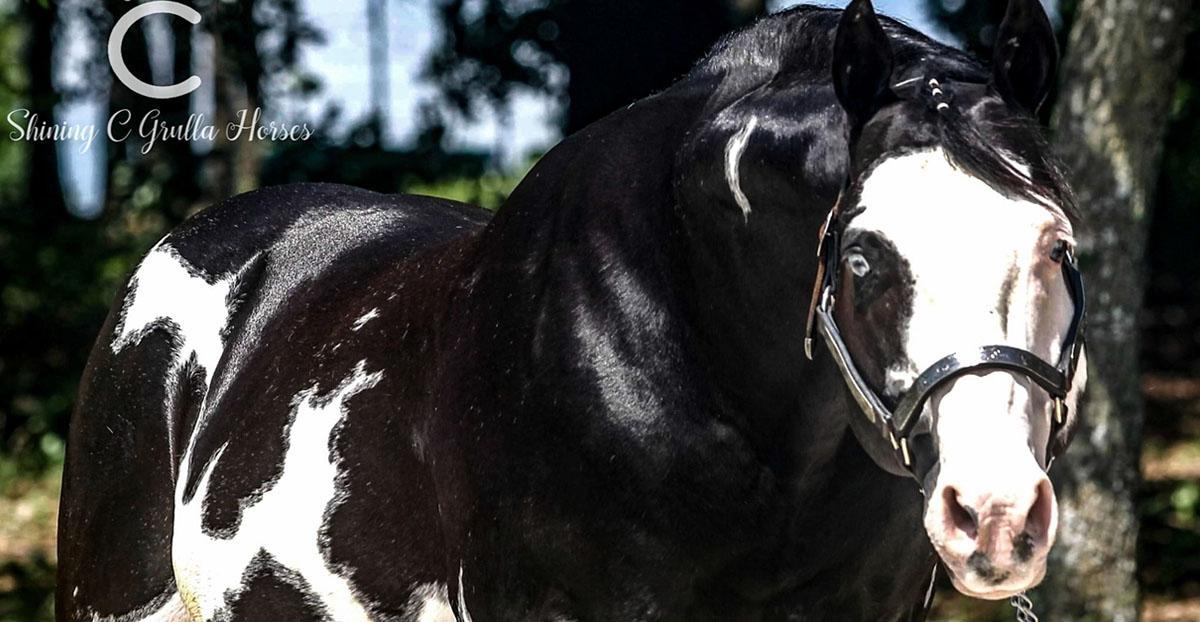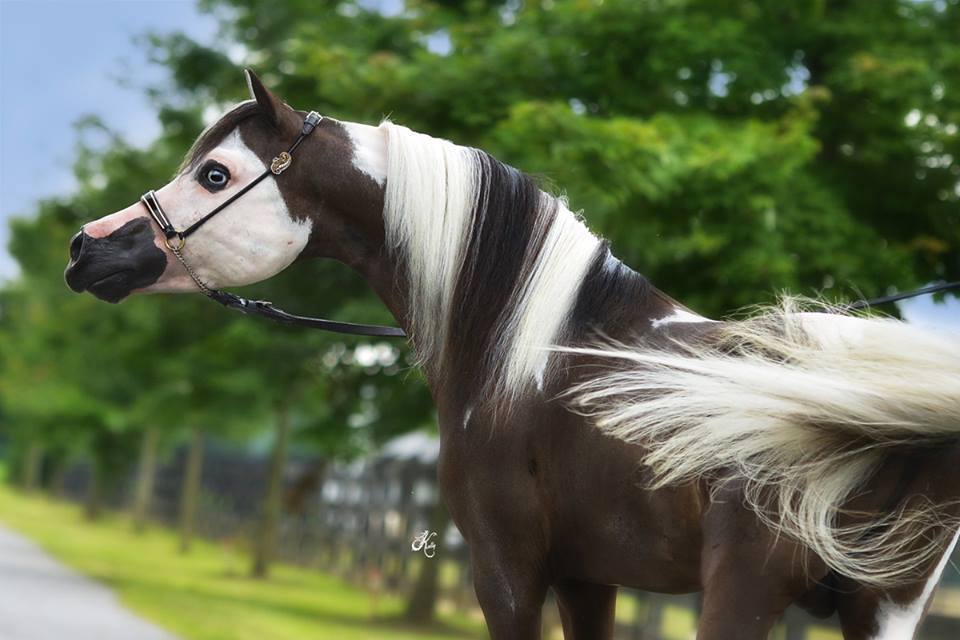Poisonous Plants For Horses
1. Yew 2. Bracken fern 3. Red maple 4. Poison hemlock 5. Black walnut 6. Nightshade 7. Jimsonweed 8. Locoweed 9. Water hemlock 10. Buttercups It`s important to note that this is not an exhaustive list, and there may be other plants in your region that are poisonous to horses. If you suspect that your horse has ingested a poisonous plant, contact your veterinarian immediately. 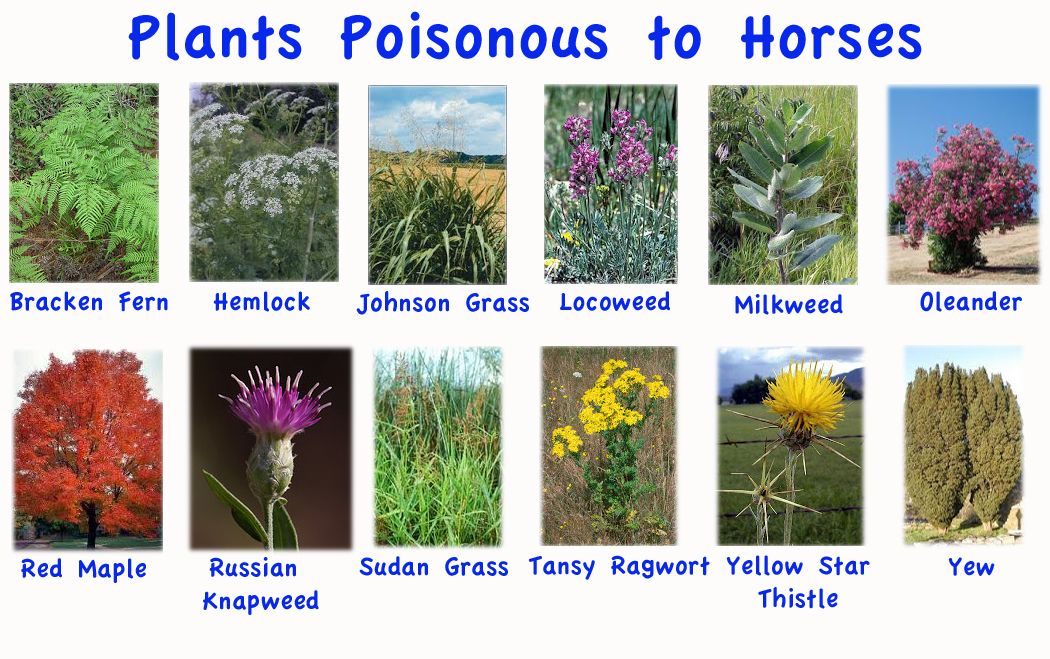 Is Bracken Fern Poisonous To Horses Yes, bracken fern is toxic to horses. Bracken fern contains thiaminase, an enzyme that breaks down thiamin (vitamin B1) in the horse`s body. Thiamin is an essential nutrient that is important for nerve function, and a deficiency can lead to neurological problems in horses. Horses that consume large amounts of bracken fern over a period of time can develop a thiamin deficiency, which can cause symptoms such as weight loss, weakness, incoordination, and seizures. In severe cases, it can even lead to death. It`s important to note that bracken fern is not always palatable to horses, and they may not eat it unless they have nothing else to graze on. However, if you suspect that your horse has ingested bracken fern, contact your veterinarian immediately. 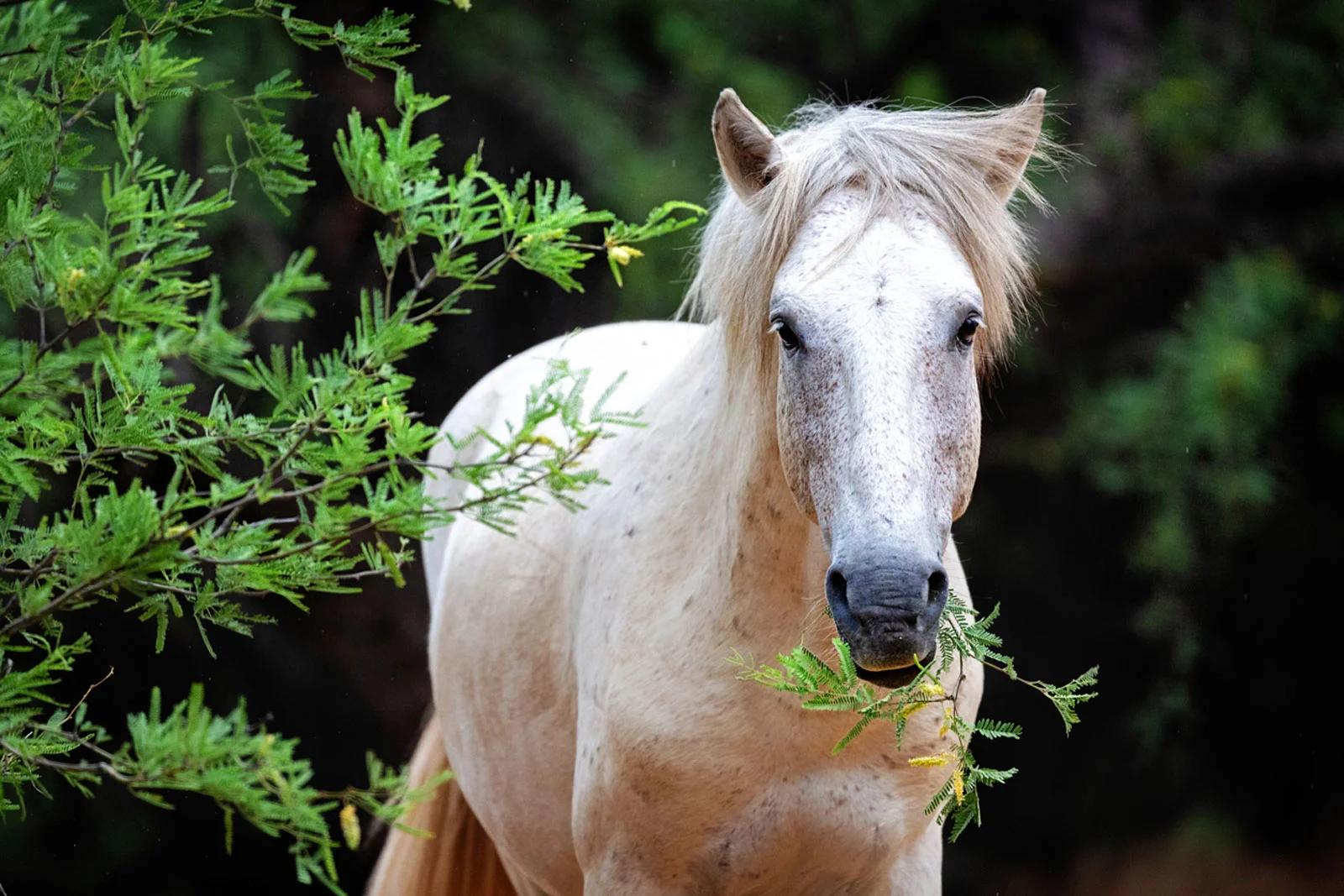 Are Buttercups Poisonous To Horses Yes, buttercups can be toxic to horses. Buttercups contain a substance called protoanemonin, which can cause blistering and irritation of the mouth, throat, and digestive system when ingested in large quantities. The toxicity of buttercups to horses can vary depending on the species of buttercup, the stage of growth, and the amount consumed. In general, horses tend to avoid eating buttercups because of their bitter taste. However, if there is a shortage of other forage, or if the pasture is overgrazed, horses may be more likely to graze on buttercups. If a horse ingests a small amount of buttercups, they may not show any symptoms or only experience mild irritation. However, if a horse ingests a large quantity of buttercups, they may develop symptoms such as excessive salivation, drooling, colic, diarrhea, and in severe cases, convulsions and paralysis. If you suspect that your horse has ingested buttercups, it`s important to contact your veterinarian for advice. They may recommend removing the horse from the pasture and providing alternative forage until the symptoms subside. 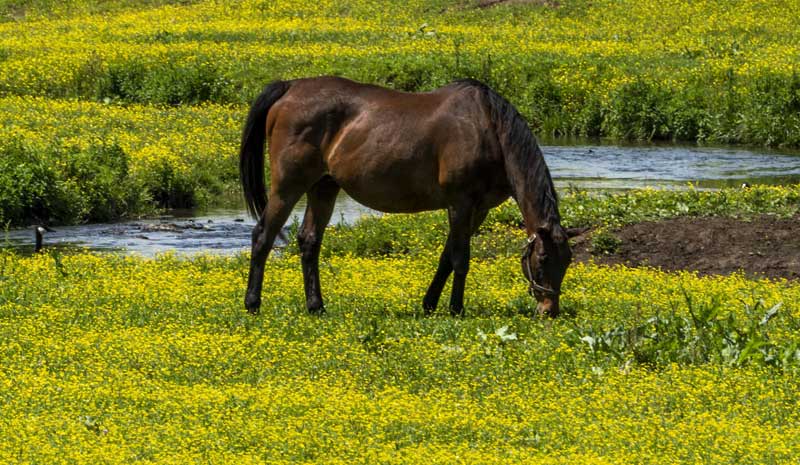 |




